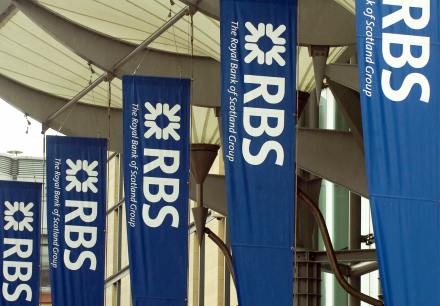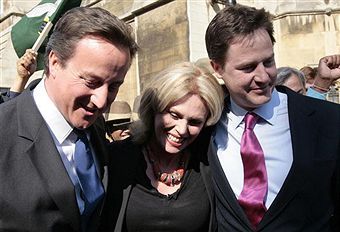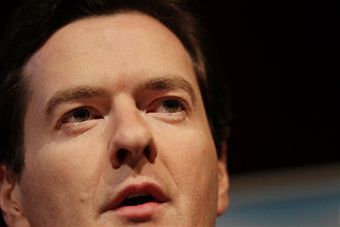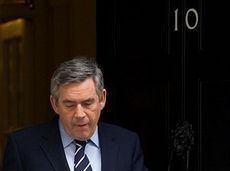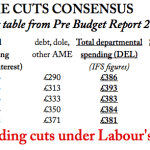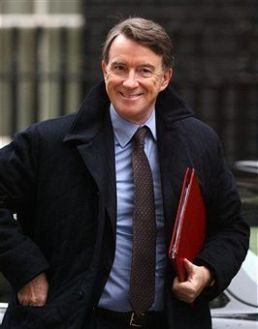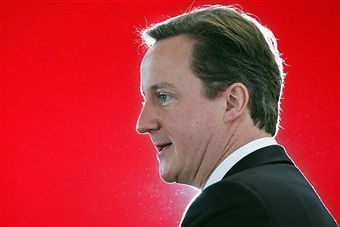Back with a vengeance | 25 February 2010
All of a sudden, the Big Banks are Big Politics again. And who’d have it any other way, on the day that the 84 percent taxpayer-owned RBS announced losses for 2009 of £3.6 billion? And that’s alongside a bonus pool for its staff of £1.3 billion. Yep – however hard they try, the exorcists of Westminster just can’t shift the ghost of Fred the Shred. In which case, there’ll be plenty about bankers’ pay, and about getting taxpayers what’s owed to them, over the next few days. And rightly so. But I often feel that these issues detract from even bigger ones, such as how to ensure that there aren’t
